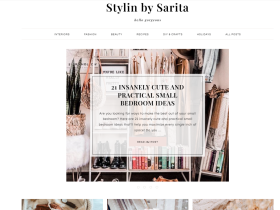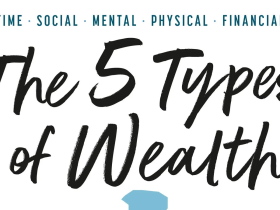Personal branding has become increasingly vital for women in the professional world, particularly in how it shapes career trajectories and professional growth. Every professional woman has created a personal brand, whether intentionally or not, which manifests in how others perceive them and what they’re known for excelling at. This brand emerges from a combination of behavioral patterns, emotional responses, intentions, intelligence, and various personality traits—both cultivated and natural.
The Importance of Intentional Branding
For women professionals, building and managing an intentional personal brand is crucial to avoid being boxed into preconceived personas shaped by cultural and social biases. Women leaders possess unique strengths and leadership traits, whether subtle or obvious, that defy stereotyping. Taking the time to establish what one stands for and excels at can significantly impact how successfully women navigate career transitions and opportunities.
Authenticity: The Core of Personal Branding
As Brené Brown wisely noted, “Fitting in is about assessing a situation and becoming who you need to be in order to be accepted. Belonging, on the other hand, doesn’t require us to change who we are: it requires us to be who we are.”
When discussing personal branding, people often envision a dramatic transformation into an idealized professional persona—one perfectly suited for that next promotion or challenging role. However, this raises important questions: Is personal branding about creating a new identity for short-term career goals? Should one seek expert guidance for a quick makeover? Most importantly, are such surface-level transformations sustainable?
Long-term success in any career hinges on resilience—the ability to persevere through challenges. Much like marathon running, where success comes from pushing through discomfort, a career spanning 45+ years requires genuine strength of character. This resilience can only come from being true to oneself.

Self-Reflection: The Foundation of Brand Building
As Carol Moseley-Braun, former U.S. Senator, observed, “Defining myself, as opposed to being defined by others, is one of the most difficult challenges I face.”
Creating an authentic personal brand requires deep self-reflection. Professionals must ask themselves:
– What truly matters to them?
– What are their core priorities and values?
– What are their long-term goals?
– What sets them apart from their peers?
– What unique strengths do they bring to their field?
Understanding Identity in Professional Context
Identity in organizational behavior is multifaceted. Professional identity intertwines with personal identity, which encompasses gender, ethnic background, social status, values, and beliefs. The boundaries between personal and professional identities often blur, as one’s sense of self can be influenced by professional status and achievements.
It’s important to recognize that identity evolves with changing roles and responsibilities. As professionals grow and encounter new challenges, their values and goals may shift. Role models can inspire the pursuit of more ambitious goals, and as self-perception evolves, personal branding should adapt to align with this growth.
In today’s world, people don’t just buy products or services—they buy trust.
— Biliz Maharjan (@bilizmaharjan) February 8, 2025
And nothing builds trust faster than a strong personal brand.
When people know you, they believe in what you offer.
Whether you’re selling a product, a service, or even an idea, your personal brand… pic.twitter.com/gTRN2yIB3m
Values as a Decision-Making Compass
Personal values serve as a crucial guideline for professional decisions. As psychologist Kelly McGonigal notes in “The Upside of Stress,” writing about personal values is one of the most effective psychological interventions studied. This practice can:
– Enhance feelings of empowerment and control
– Strengthen connections with others
– Improve stress management
– Boost self-control
– Reduce negative rumination after challenging experiences
For leaders and aspiring leaders, clear personal values form the foundation of authentic leadership. These values often stem from upbringing, experiences, and personal growth through various life challenges. When faced with situations where personal values conflict with societal expectations, staying true to these core principles helps maintain integrity and authenticity.
Core values might include concepts like:
– Authenticity
– Collaboration
– Growth mindset
– Inclusivity
– Professional reputation
– Mutual respect
– Achievement orientation
The journey of personal branding is ongoing, evolving as professionals grow and adapt to new challenges. By remaining true to core values while embracing growth, women can build authentic personal brands that support their long-term success and professional fulfillment.




